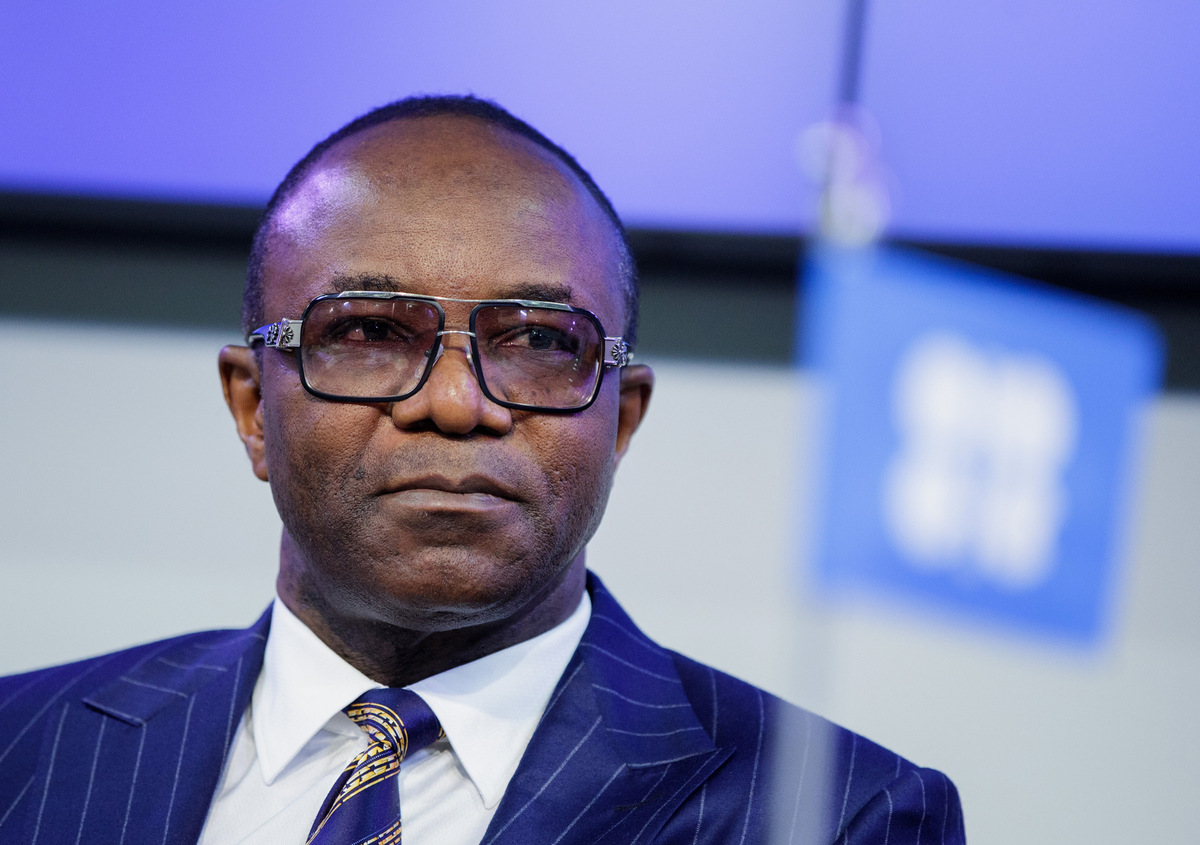- FG, IOCs Disagree Over $10bn Crude Overlift
There may be no end in sight to the myriad of challenges facing Nigeria’s oil industry as both the federal government and the international oil companies, IOCs, are still at loggerheads over the exact amount involved in crude overlift.
This is coming at a time the Minister of State for Petroleum Resources, Dr. Ibe Kachikwu, said issues surrounding production sharing contracts, PSC, would be resolved amicably.
While the federal government said the IOCs were owing between $5 billion and $6 billion, IOCs maintained that they were being owed $10 billion as a result of crude overlift.
Speaking on the issue at the ongoing Offshore Technology Conference, OTC, in Houston, Texas, Kachikwu said the federal government had the right to challenge the claims at the court.
He said: “On crude overlift, my figures are between $5 billion and $6 billion and not $10 billion as the IOCs have stated, but overlift is a bit more technical. Their claims are rising from interpretation disputes.
‘’The Nigerian National Petroleum Corporation, NNPC, is saying, ‘our position is that you needed to have got an approval before you lift ‘X’. ‘Oil companies say under the terms of the contracts we have, we don’t need your approval to lift ‘X’.
“They have gone up to international tribunals, they have close to about $6 billion in terms of award and NNPC had the right to challenge them in a local court on the basis of an issue.”
Kachikwu also explained that he had given guidelines concerning production sharing contract issues to ensure amicable resolution.
“The PSC issues I talked about, I have already given guidelines about how it could be resolved, just as I gave guidelines about the cash calls.
‘’My position is that, first, it must be on the basis of no victor, no vanquish. This means that if I do that today and slashed that $6 billion to about $2-$ 3billion, I would say how do we spread it and I find resources for that.
“IOCs have to consider that that’s a way of paying, rather than arguing in court. So, just like the joint ventures, JVs, I am working on, it is going to take awhile. However, now that we have created credibility on the JVs, I wouldn’t want to take both at the same time. Now that we have dealt with one, hopefully we can deal with the second,’’ he said.
He, however, said that the crude overlift had been minimized due to the disagreement between the two parties, saying: “I think the overlift has not been rising as rapidly as it was at some point. There has been deliberate policy to try and slow down on the overlift from a practical point of view, so you don’t increase the indebtedness position.”
‘’If we go along the guidelines that I have mentioned, hopefully, we can find a solution to this in a period of six months and I will like to kick off quickly,” he added.

 Forex3 weeks ago
Forex3 weeks ago


 Naira2 weeks ago
Naira2 weeks ago
 Billionaire Watch2 weeks ago
Billionaire Watch2 weeks ago




 Naira2 weeks ago
Naira2 weeks ago




 Naira2 weeks ago
Naira2 weeks ago




 Naira1 week ago
Naira1 week ago




 Naira3 weeks ago
Naira3 weeks ago




 Naira4 weeks ago
Naira4 weeks ago






















